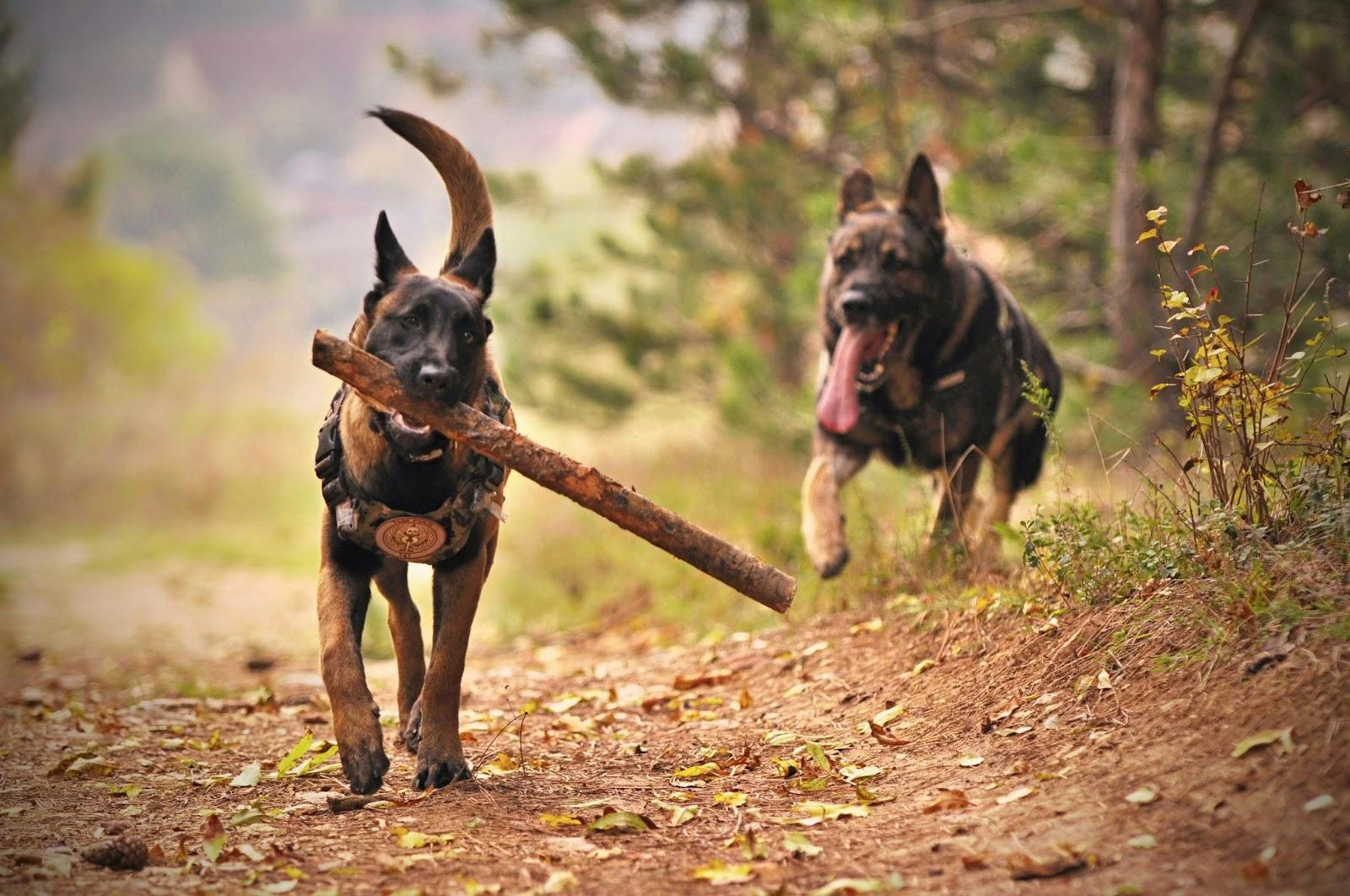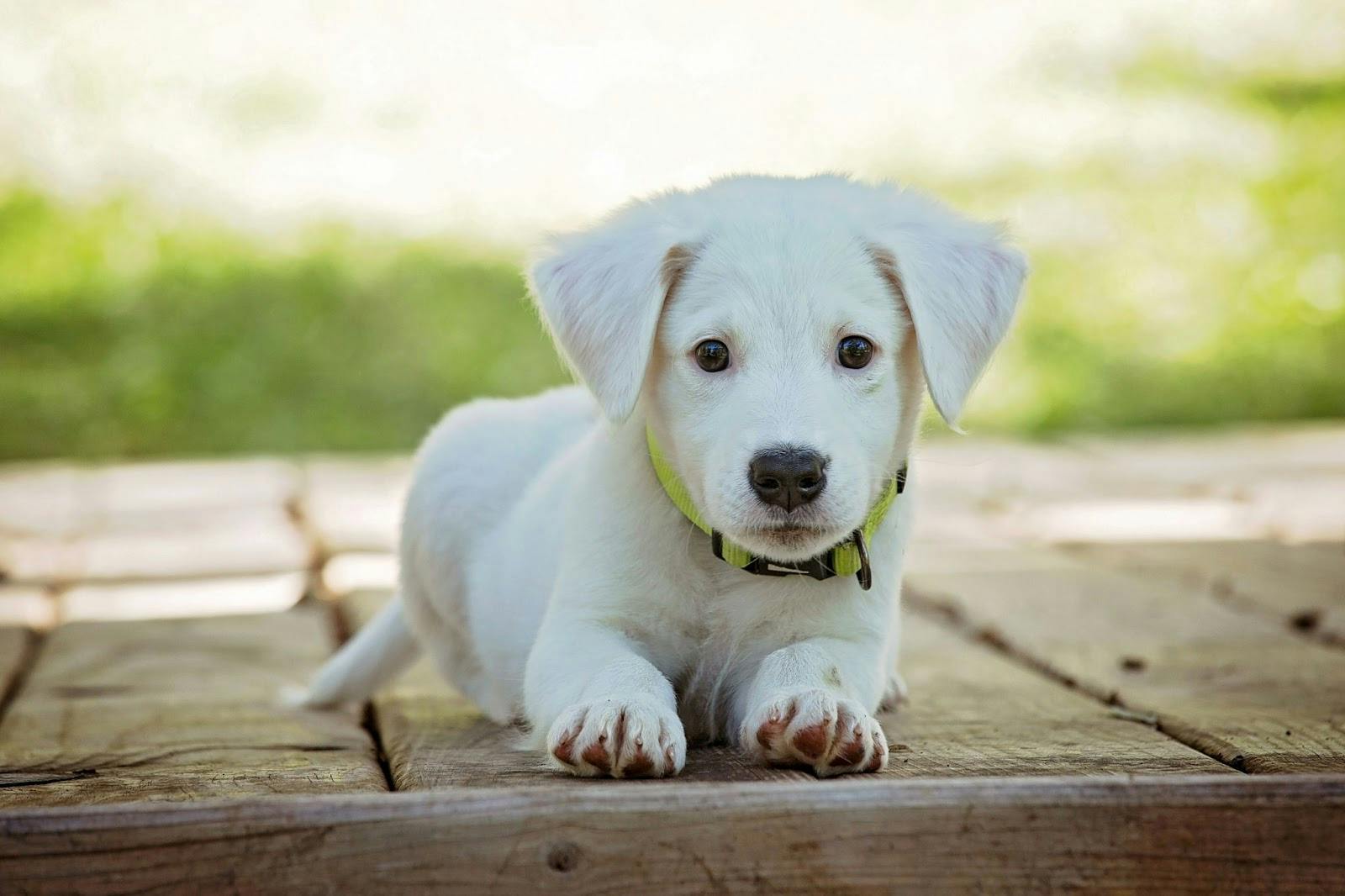Dealing with Dog Constipation
Constipation in dogs is never fun to deal with. The countless trips to the dog park, or their favorite fire hydrant, resulting in…nothing. It's not only a pain for them, but for you. Dog constipation is incredibly common and, chances are, you will experience it at some point during your pup's lifetime. So it's best to know when to recognize the signs and symptoms, and to have treatment options available. Stick around and discover all you need to know about how you can help deal with a constipated dog.

What is Dog Constipation?
The Main Causes
As it is in humans, constipation can have any number of root causes when it shows up in dogs. But to understand the reasons why it's good to know the basics first.
When food is consumed and makes its way out of the digestive tract as fecal matter, it eventually reaches the colon. From there, water and minerals are absorbed from the waste. The movement of the fecal matter through the colon is known as “peristaltic waves”, and when any part of this process is interrupted or hindered, the fecal matter will stop moving –– but not the absorption stage. Eventually, as the waste sits in the colon, unmoving, so much water is absorbed from it that it becomes hard and dry and difficult to pass to the next stage. This is constipation.
Some of the most common causes of constipation in dogs include:
- Poor diet –– not only does this apply to poor nutrition and a lack of fiber, which helps aid in digestion, but also non-food products. As many owners know all too well, dogs like to eat things that aren’t food. These can result in, or contribute to, blockages along the digestive tract.
- Lack of exercise –– pups that are frequently inactive tend to experience similar slow digestion.
- Disease –– issues like cancers, generalized disorders (neurological, metabolic, renal, central nervous), prostate enlargement in males, and even stress can disrupt the body’s peristaltic waves.
- Age –– unfortunately, older bodies just tend to weaken with time and need assistance.
- Medicinal side effects –– constipation is a major symptom of many types of antibiotics, opiates, and diuretics.

The Signs and Symptoms of Canine Constipation
Luckily, the most common symptom of constipation is pretty easy to spot: a lack of pooping. If your dog goes anywhere from 2 – 5 days without having a bowel movement –– and if it clearly pains them to defecate after this much time –– there could be trouble.
And even if your dog does defecate by day 2 or 3, and you notice a blackened hard stool that feels like a rock when you pick it up, this could be a sign of the start of persistent constipation.
How You Can Help –– At Home
You may be asking yourself: what can I give my dog for constipation? Watching an animal struggling to deal with an internal issue like constipation is difficult. When the animal is your pet –– the emotional toll is even higher. Fortunately, there are several ways in which you can help relieve (and often prevent) a constipated dog naturally.
Give Them Some Exercise
When a dog is constipated, one of the best ways to get them feeling regular again is by jumpstarting their digestive system (remember that peristaltic wave?) with some vigorous exercise. Just a few hours of cardio, in addition to their usual walks, like running or jogging can help regulate the internal workings in and around the colon –– that should get things moving again!
Keep Them Hydrated
This is one of the most common causes of dog constipation, and it's also one of the simplest to correct. Give your dog plenty of water –– keep an eye out for empty dishes and be sure to fill them as frequently as possible. Even giving your dog ice cubes on hot days is a refreshing way to incorporate more fluids into their digestive system. Moisture is critical to preventing and managing constipation in both humans and animals.
Monitor Their Diet
Pet foods high in fiber and rich in protein are essential for regulating a healthy tract. Believe it or not, canned dog food is also a great and inexpensive way to relieve constipation because it has such a high moisture content that the digestive process needs to move waste through your dog's body. Other game-changing edibles to add to your dog's diet include tubers like sweet potatoes, ginger, oat bran, and even olive oil. But one of the best-kept secrets for helping with dog constipation is pumpkin –– not only does it have those vital moisture and fiber elements, but more than just about any healthy human food, dogs love the taste.
Add Supplements and Softeners
Sometimes your pooch needs an extra little something to get themselves feeling regular again. There are many types of natural stool softeners and mild laxatives that are dog safe. These, along with supplements like psyllium seed powder and wheat, are just an additional treatment option for dogs –– but always check with a veterinarian before giving them anything human-grade.

Veterinary Treatment
For many dogs, the preventative and therapeutic options above will make constipation a rare occurrence, or a thing of the past. However, some cases might be deemed too advanced to manage without the help of a trained veterinarian. If you’ve tried your best and can’t manage to naturally alleviate their constipation, you should consider medical treatment. Make an appointment at the earliest signs of dog constipation.
Veterinarians typically treat extreme cases of dog constipation with medication that limits the production of certain enzymes and/or activates normal colon function. They can also use non-surgical tools to remove impacted feces manually. And in very rare cases, surgery –– like a colectomy –– is recommended. Ask as many questions as possible when talking to your pet’s doctor.
There you have it! A simple, helpful guide to recognizing, understanding, and treating constipation in your dog. Now that you know the signs and symptoms of this common disorder, and what your options are for providing at-home or specialized medical care, your pooch is in good hands.
For more information, talk to one of our Pet Experts and get customized advice by submitting a request through our Mavyn website.
